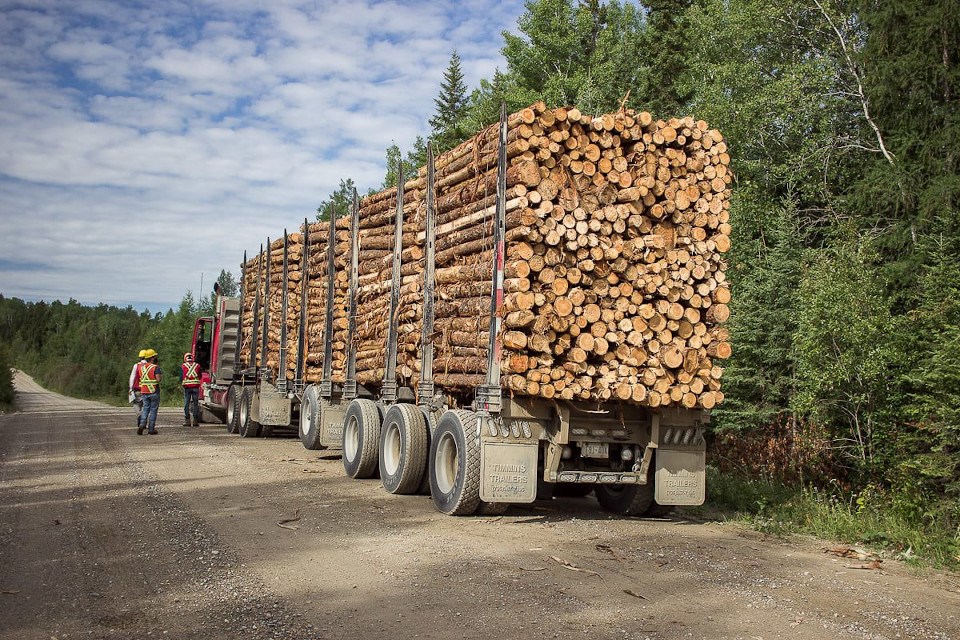THUNDER BAY — The Thunder Bay Chamber of Commerce has succeeded in getting national attention and support for three issues it feels are important to the economy of the city and Northwestern Ontario.
President Charla Robinson and board chair Riley Burton attended the Canadian chamber's annual meeting last weekend in Ottawa, where delegates passed local resolutions that promote the forestry, mining, and aviation industries.
One of the motions takes aim at the efforts of U.S. environmental groups to convince state governments to discriminate against forest products imported from Canada. Robinson said there's been a coordinated campaign in recent years to portray Canadian producers as an industry that follows unsustainable forestry practices.
"It kinds of compares us to other jurisdictions that are depleting the rainforest, that type of forestry. And that is certainly not the case. We know that Canada and Ontario have some of the most sustainable forestry practices," she said.
Robinson said the industry in Canada must adhere to rigid standards for harvesting and reforestation, "and yet we're being tainted as if we are doing the same practices as other jurisdictions that are very clearly deforesting full areas and have no renewable plans in place."
The resolution references "a coordinated campaign initiated by certain environmental groups" and calls on the Canadian government to help the industry push back against misinformation that harms this country's position as a trusted supplier of forest products. It also asks Ottawa to review its own direct or indirect support for these groups.
Robinson said it's important to ensure the government "isn't inadvertently providing funding to some of these groups ... which would then mean that the government is somehow really helping them actually fight against Canadian forestry products."
The Thunder Bay chamber's resolution on mining requests that the federal government establish enhanced funding partnerships and innovative funding models to help public and private stakeholders better coordinate infrastructure plans and spending.
The third local motion passed at the national meeting, which is intended to address a growing shortage of commercial pilots, was co-sponsored by the Kelowna, B.C., chamber of commerce.
Robinson said flight training schools are facing multiple challenges requiring federal intervention. She noted that reports have already been submitted to the government with specific recommendations for addressing the pilot shortage. It's a noteworthy concern in Northwestern Ontario,
Robinson said, because, "So many of our aviation businesses are providing essential services to fly-in First Nations. If they don't have pilots, it becomes a real challenge to get food and supplies delivered."
— TBNewswatch




